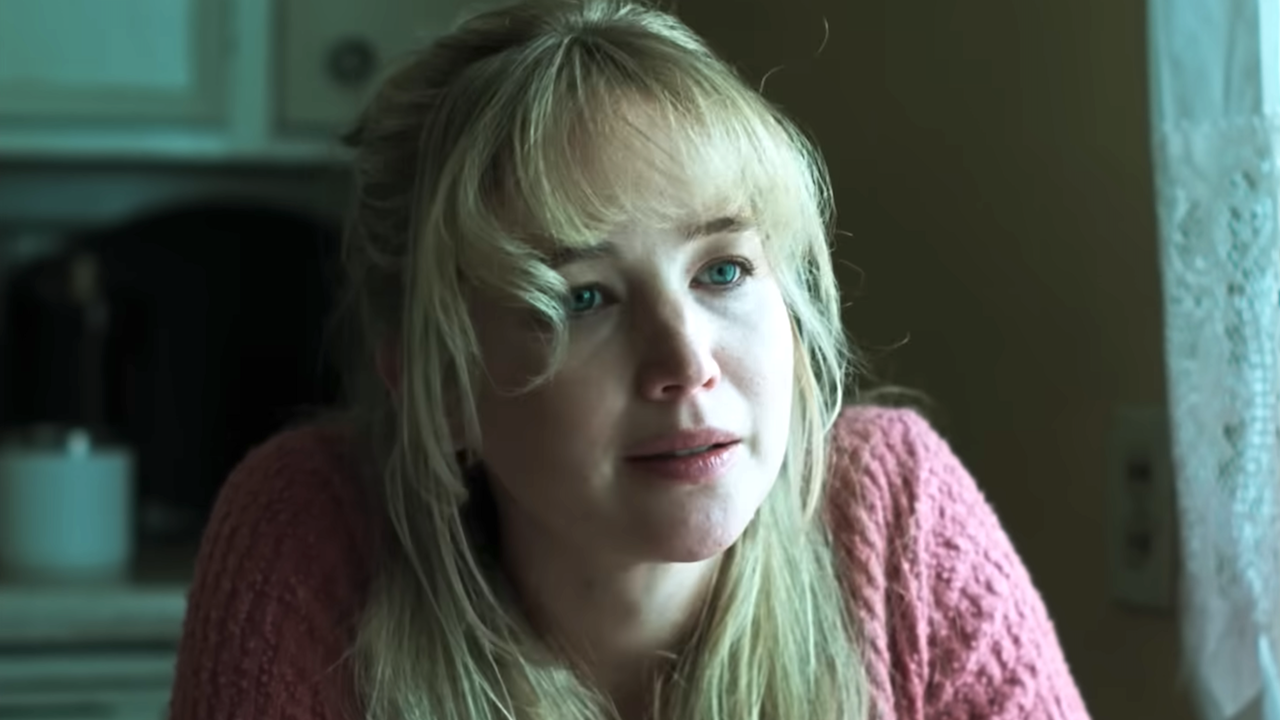The Black Phone Ending Explained: What Those Calls Meant, And How Everything Came Together
One of Blumhouse's best in years.
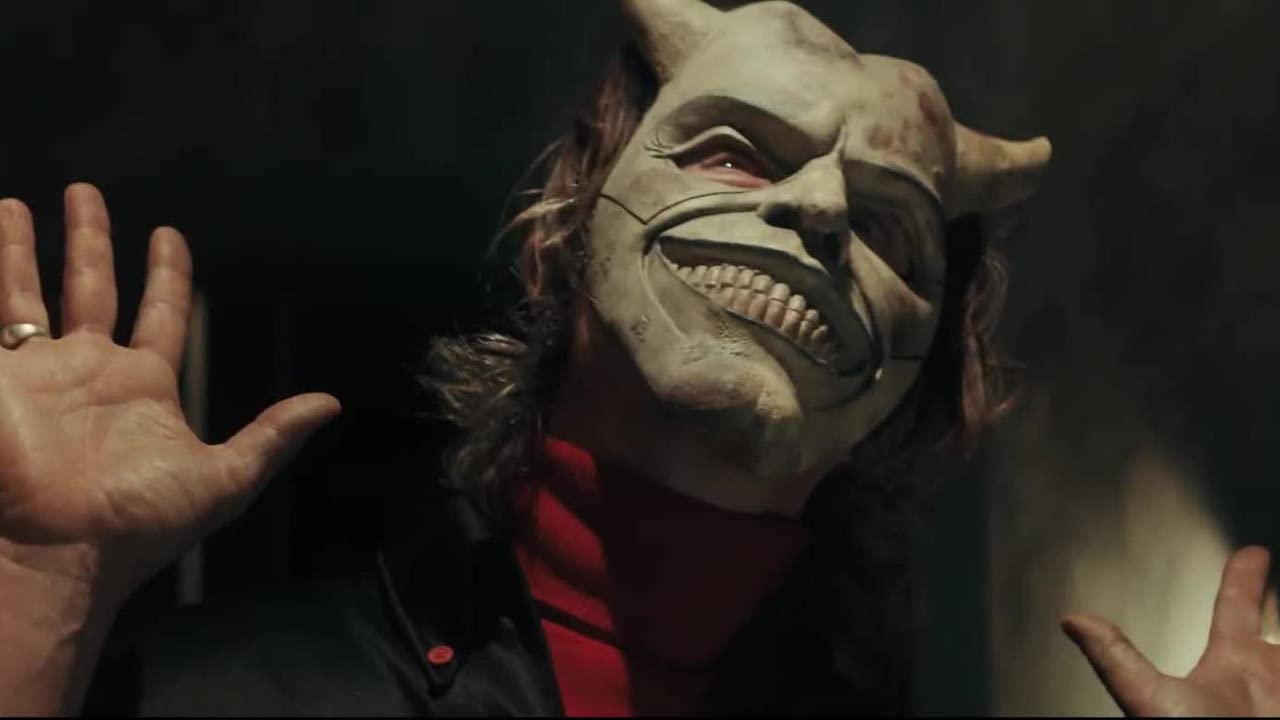
SPOILER ALERT: This article contains spoilers from The Black Phone.
When it comes to modern day horror movies, one of the production companies that I think of the most is Blumhouse Productions. They have produced some of the best horror films of the last two decades, such as Insidious, Paranormal Activity, Happy Death Day, Get Out, Us and so many more. And as part of the 2022 release schedule, they’ve come out with another hit - The Black Phone, starring the talented Ethan Hawke.
With a brilliant cast, wonderful story, and some creepy elements of both horror and suspense, The Black Phone’s ending is both straight-forward with some hidden meanings as well. For those who want to know more about what happened, here is what happened during that intense climax that lead to The Black Phone’s ending.
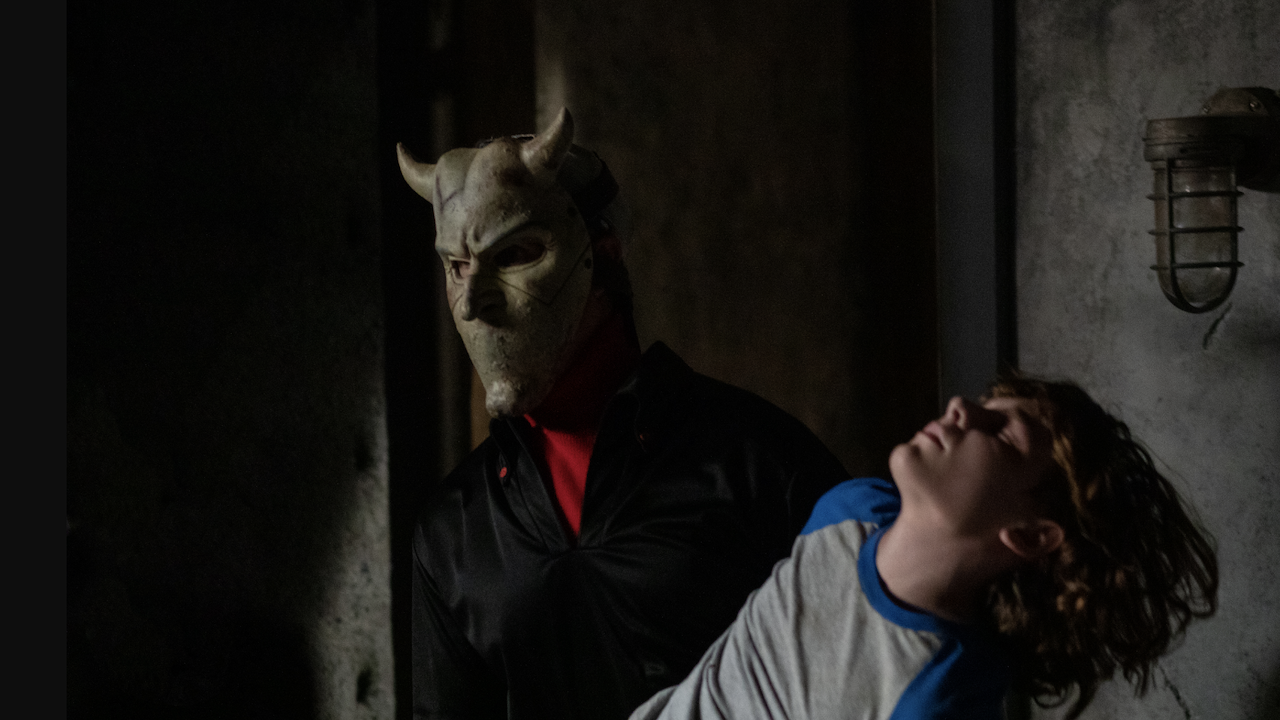
How The Black Phone Ended
The whole entire premise of The Black Phone (which is directed by Scott Derrickson and based on the short story of the same name by Joe Hill) is that this man, called the Grabber, has been snatching up kids, specifically younger boys. And at the time when he catches Finney (Mason Thames), he has already succeeded in abducting five kids named Bruce, Billy, Griffin, Vance and Robin, a friend of Finney’s - as well as killing them, which we find out throughout the movie.
As the film goes on and Finney tries to find his way out, he gets advice from the souls of the beyond through the titular black phone, all of which try to offer him some idea of how they tried to escape, and how The Grabber works. While at times, the things they said sounded a bit perplexing, it all comes together at the very end.
While Finney did escape earlier in the film, he was captured by the Grabber, and at first it felt as if his death was imminent, but instead, he took Bruce’s advice, and dug a hole in the ground to escape, using a carpet to cover it so the Grabber wouldn't see it. Paired with the other advice from the kids, the biggest aid was Robin’s words to him, telling him to fill the receiver with sand, and practice using it as a weapon against the Grabber.
The Grabber’s brother, Max, discovers the lair that his brother has been keeping kids in, but before he can free Finney, the Grabber comes from behind and chops Max’s head open. He also ties his hungry dog near the door so Finney won’t have a chance of escaping.
Your Daily Blend of Entertainment News
After that, the Grabber takes the ax and runs at Finney, who ventures to the bathroom in hopes to escape. However, as the Grabber runs in there, he trips on the cable that Finney had pulled from the wall, and falls through the hole that Finney had made (and covered up), using all the weapons that the boys had used long ago, and creating his own trap. In this moment, I was almost reminded of all those hilarious Home Alone traps that ended in painful injuries - but this was much more serious.
The moment works perfectly, and it breaks the Grabber’s leg. Finney then uses the receiver of the phone to smack the Grabber, and even though the Grabber grabbed Finney’s leg, he uses the cord from the phone to wrap it around the Grabber’s neck. The voices of the dead kids taunt the Grabber from the beyond as Finney holds the phone up to his ear, before Finney snaps his neck.
With the Grabber dead, Finney reaches into the freezer that he had broken into earlier in the movie and throws a steak towards the hungry dog, using that to make his escape, and get out of the house.
This was the ultimate fight scene in the film, and Ethan Hawke actually recently spoke with Syfy Wire regarding this moment between the Grabber (which he played) and Finney, saying that the scene between him and Thames was hard to film.
It’s very difficult to do fight scenes with a kid, because you really don't want to hurt them. You need to be really careful about it, and we did meticulously rehearse.
It’s always so cool to watch a fight scene, knowing how much work and planning went into it, and the payoff for this one was incredible. It’s also fun to know that Ethan Hawke actually liked terrifying his child co-stars - in a good way.
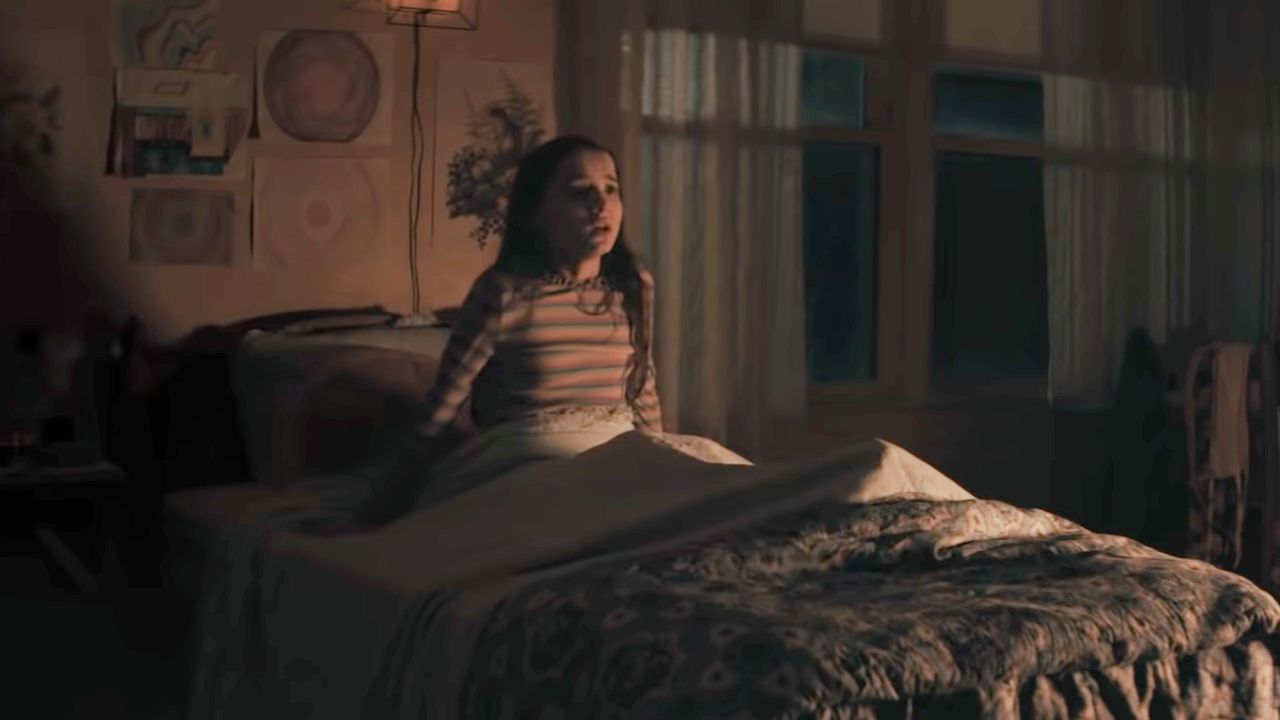
Gwen Puts The Kids To Rest
Throughout the film, Finney’s little sister, Gwen (Madeleine McGraw) has apparent visions in her dreams, and while at first it seems her father doesn’t want to acknowledge that they are real - as their mother had the same visions - they turn out to be extremely helpful in the end of The Black Phone.
As she’s starting to put together pieces of the case, stepping into the mind of the boys that were killed, she finds a house in one of them - one that looked awfully familiar to somewhere close by. As she was riding her bike one day along the road where she was sure the house was, she saw an apparition of the five boys, all that lead to the house in her visions.
It’s there that she contacts the police, sure that she ended up finding the right house, somehow that Finney was trapped in, but it’s revealed that the house is actually abandoned - and is instead used to hide the bodies of the dead boys.
Finney comes out of the house opposite the street at the end, revealing that the Grabber did his dirty work in his home, and then moved the bodies to an abandoned home, so because of Gwen’s visions, she was able to finally put the bodies of the dead boys to rest - and reunite with her brother at the same time.
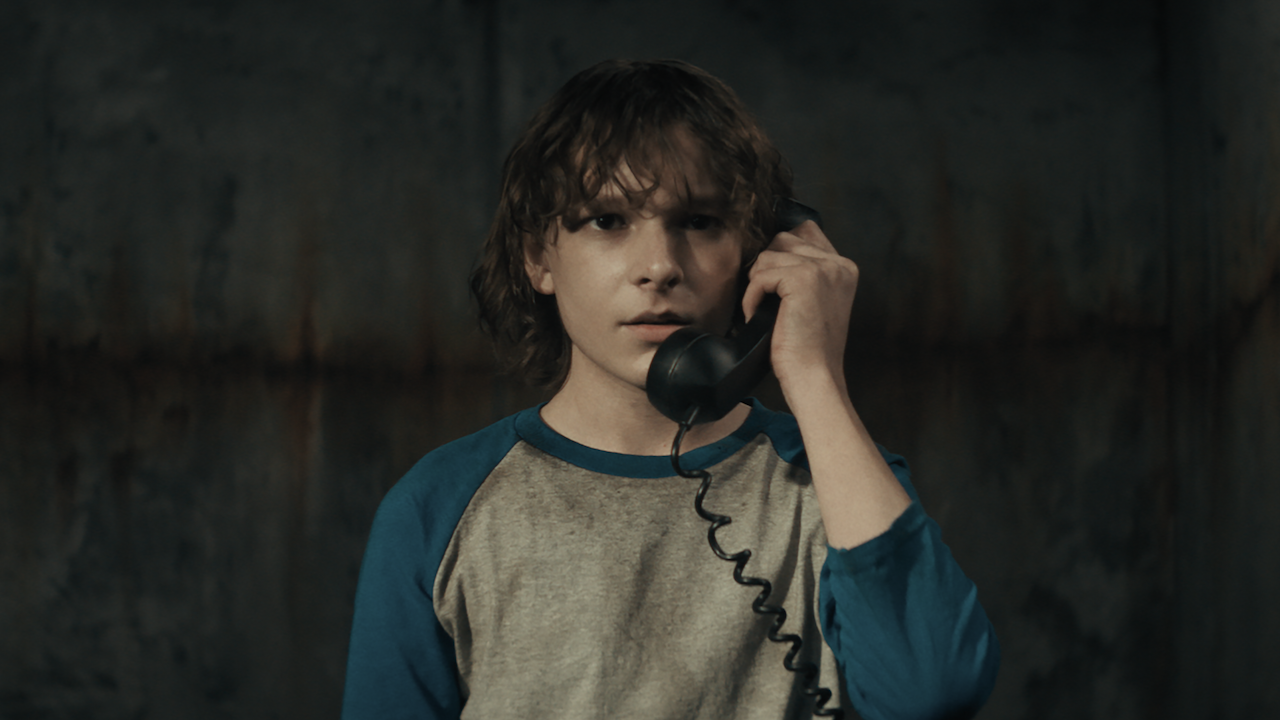
Finn Has Gained Confidence In Himself - A Prime Theme Of The Movie
That final line of the movie, where Finney completely changes his name to Finn, is bigger than you would expect it to be. While at first it just seems like he’s matured a bit, the story speaks more.
At the beginning of The Black Phone, Finney is relentlessly bullied and doesn’t know how to stand up for himself. It was one of the biggest differences between Gwen and Finney - he ran from his bullies while she faced them head on. One of the writers of The Black Phone, C. Robert Cargill, talked about this difference in an interview with The Hollywood Reporter:, referencing the relationship we see between Donna (Rebecca Clarke) and him, and his lack of confidence:
Here’s this girl who is practically throwing herself at him and being like, 'Hey guy, I’m right here,' but he’s still way too nervous to really talk to her because he just lacks confidence overall and is always afraid that he’s going to fail. But then he is put into a situation where he has no choice but to succeed or he will die. And so this is what finally brings out the confidence in him. So I wanted to juxtapose Finn and Gwen. She has her own issues, but confidence isn’t one of them.
As Cargill notes, after this horrid experience, he finally has found the courage to be the version of himself he wants to be. Now, he’s become more self-aware, more confident in who he is - and to do that, he’s going by Finn now, and openly speaks to Donna with that proud smile of his without any more nervousness.
The Black Phone was a great addition to Blumhouse Productions long list of impressive movies, with fantastic reviews to boot, and I for one can’t wait for more people to see it, whether that be in theaters or at home when it comes to streaming. Regardless, it won’t be a movie I’ll forget for a long time - and I’ll keep wishing that my arm was as mint as Finney’s.

A self-proclaimed nerd and lover of Game of Thrones/A Song of Ice and Fire, Alexandra Ramos is a Content Producer at CinemaBlend. She first started off working in December 2020 as a Freelance Writer after graduating from the Pennsylvania State University with a degree in Journalism and a minor in English. She primarily works in features for movies, TV, and sometimes video games. (Please don't debate her on The Last of Us 2, it was amazing!) She is also the main person who runs both our daily newsletter, The CinemaBlend Daily, and our ReelBlend newsletter.
